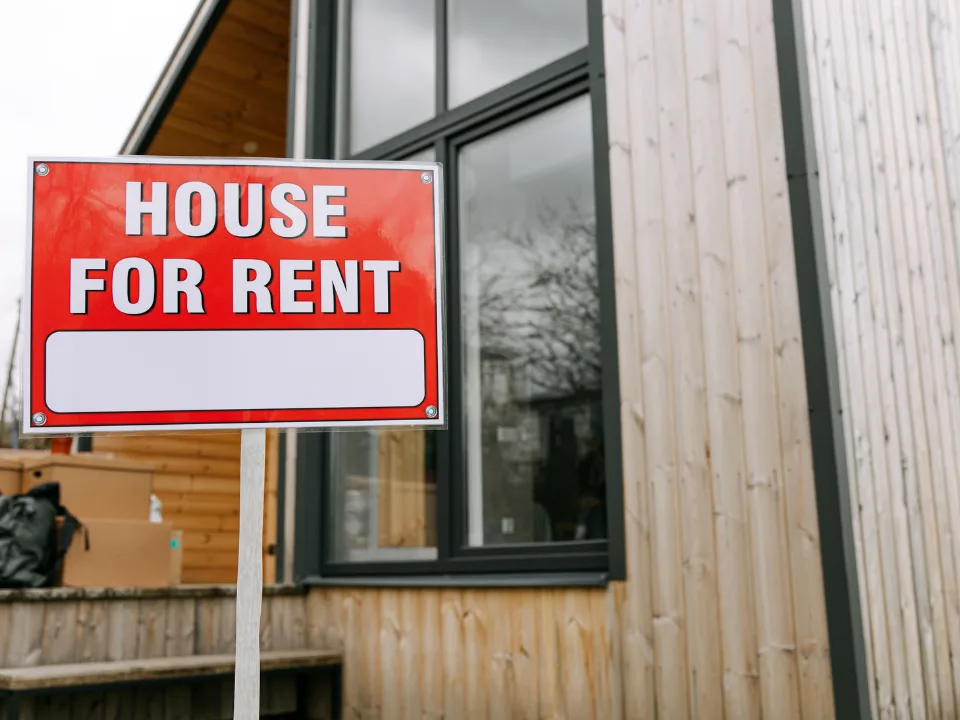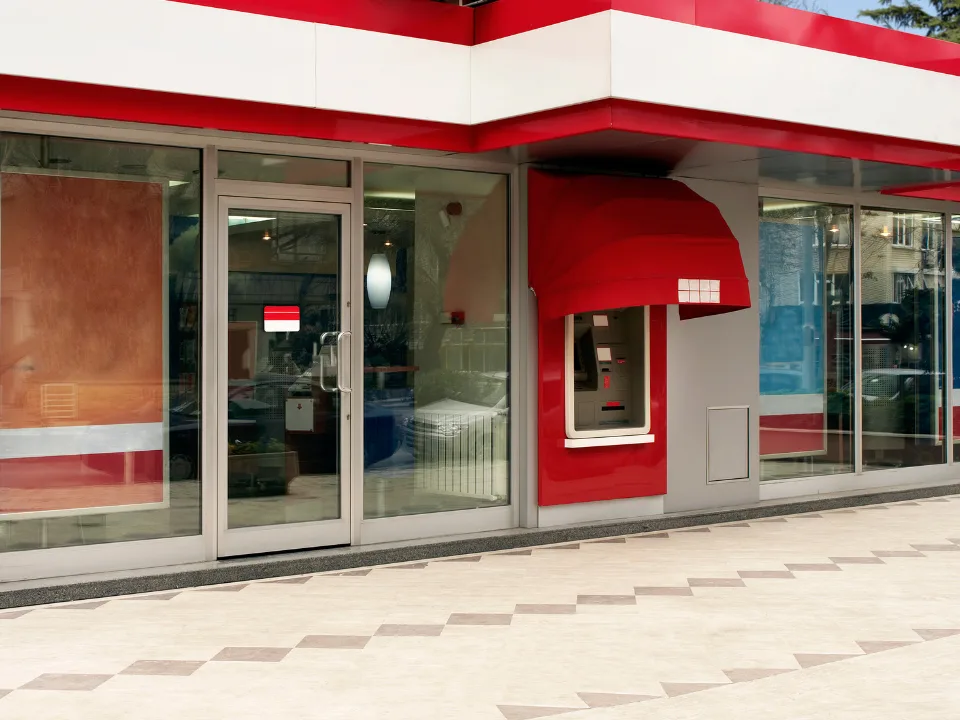- Miami Beach unanimously passed an ordinance requiring a 5/7 vote from the mayor and City Commission before approving new hotel, hostel, or apartment hotel developments.
- The law is intended to slow transient lodging growth, preserve the city’s character, and encourage more residential development amid concerns over declining full-time residency.
- The measure includes exemptions for waterfront areas and select properties but aims to curb hotel conversions that have displaced affordable housing and local workers.
Miami Beach officials aim to curb the construction of new hotels in the city by passing a new ordinance that would require a supermajority vote before any new transient lodging projects can move forward, per Bloomberg.
The law, which takes effect within 10 days, applies to new hotels, hostels, and apartment hotels, as well as residential conversions into transient accommodations.
Key Provisions, Exemptions
The ordinance applies to all new hotel developments and residential conversions but makes exceptions for:
- Waterfront areas where hotels are already permitted.
- Properties on Washington Avenue with active land use applications before July 1, 2024.
- A 14-room hotel at 7710 Collins Ave., replacing a small apartment building.
- Select properties on Collins Avenue between 77th and 79th Streets, where hotel use was previously approved.
Additionally, the new rule requires commission approval for any infill land parcel before developers can submit land use applications or obtain building permits for hotel projects.
Get Smarter about what matters in CRE
Stay ahead of trends in commercial real estate with CRE Daily – the free newsletter delivering everything you need to start your day in just 5-minutes
Housing Concerns
City leaders say the rapid rise of apartment hotels and short-term lodging led to the displacement of locals, particularly workers and affordable housing tenants.
Commissioner Joseph Magazine, who sponsored the legislation, said that while tourism remains vital to Miami Beach, the overdevelopment of hotels has contributed to the city’s population shrinking.
“Older, affordable housing stock being converted into apartment hotels has pushed out our workforce,” Magazine stated, adding that many service industry employees can no longer afford to live in the city they work in.
The Bigger Picture
While Miami Beach’s hotel inventory has grown about 2% annually, the city has lost nearly 11K residents aged 20 to 45 over the past decade. In contrast, the older population has increased, but not enough to offset the overall decline in full-time residents.
City leaders hope the ordinance will slow this trend by encouraging more permanent housing development instead of transient lodging.
As other coastal cities grapple with similar challenges, Miami Beach’s approach could be a model for balancing tourism growth with community sustainability.

















